
Deutsche Forschungsgemeinschaft invites three Harz University of Applied Sciences staff members on delegation trips
“This was the lab paradise that I had always dreamed of,” swoons Dr Thomas Leich as he recalls the equipment at Purdue University in West Lafayette, Indiana just a few days after returning from the United States of America. The professor of Requirements Engineering at Harz University of Applied Sciences spent one week in North America at the invitation of the Deutsche Forschungsgemeinschaft (DFG) to get insight into research-oriented universities. The DFG hopes to broaden the network of universities of applied sciences (UAS) at the international level by organising trips with five different focus areas. Three delegates from Harz University of Applied Sciences – Dr Louisa Klemmer, Vice President for International and Academic Affairs, research manager Stefan Apitz, and Dr Thomas Leich – took advantage of the unique opportunity.
Leich’s trip centred around secure digitalisation in industrial engineering, more specifically the analysis and improvement of corporate and production processes. “From the connection between business and research to the equipment, everything we saw was top of the line. Our jaws fell to the floor,” says Leich about the first stop – Purdue University. “It was rather humbling, too, because they are in a league of their own. Even the funding for the equipment was on a whole other level,” he explains, going on to say that it is normal there for billions to be spent on research.
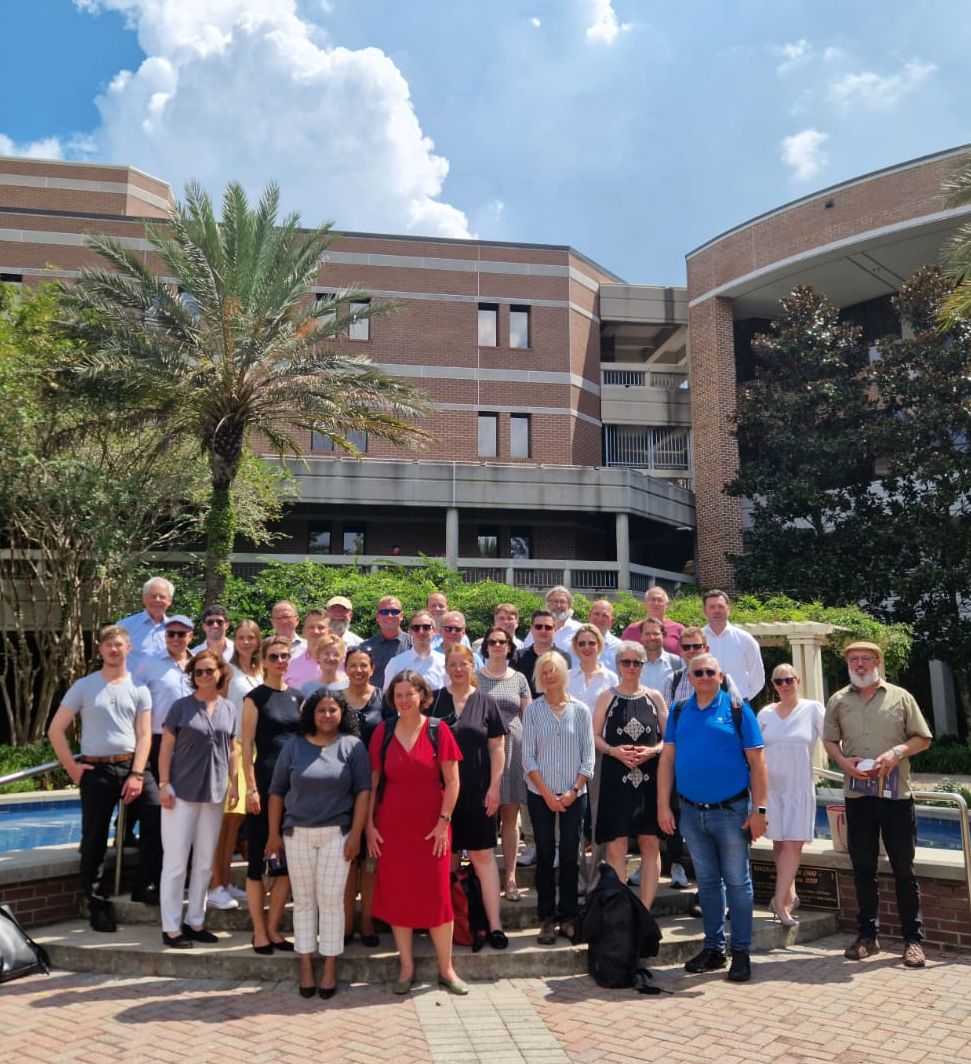
The University of Illinois Chicago, to which the group travelled 200 kilometres to the south by bus the following day, had a similar impact on him. “It was bigger than ours, but the equipment was very similar to what we have,” says Leich, not without a certain pride. “And I met a young Iranian professor who’s conducting research in the same field as myself and my PhD student. We definitely want to keep in touch.” A new trip to the US with the doctoral student is already being planned. “We never would have been able to network if not for the DFG,” he says with gratitude.
Next on the itinerary was a two-hour flight to the University of North Florida in Jacksonville, which impressed the group with its “green, exotic campus”, a “cafeteria with an all-you-can-eat buffet” and “well-equipped labs with quality on par with ours.” Thomas Leich also took note of the national diversity among the instructors. “Such international diversity is normal there,” he says, as are research projects of a more philanthropic nature. “A lot of research at these universities is conducted with the students, with emphasis on the common good.” This is especially striking to him, as research like this doesn’t necessarily raise one’s reputation in scientific circles. “It’s a way to give something back to society,” he says with admiration.
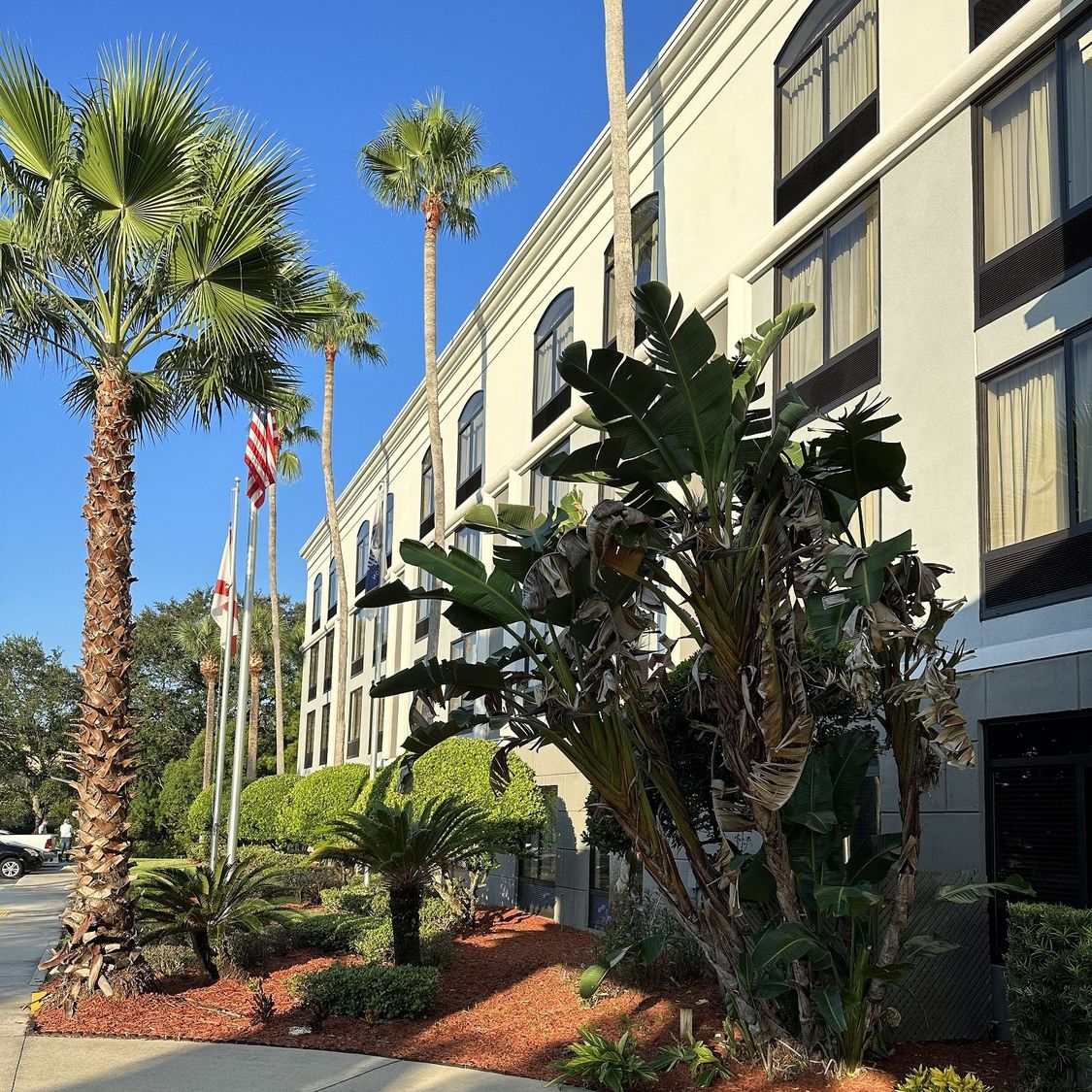
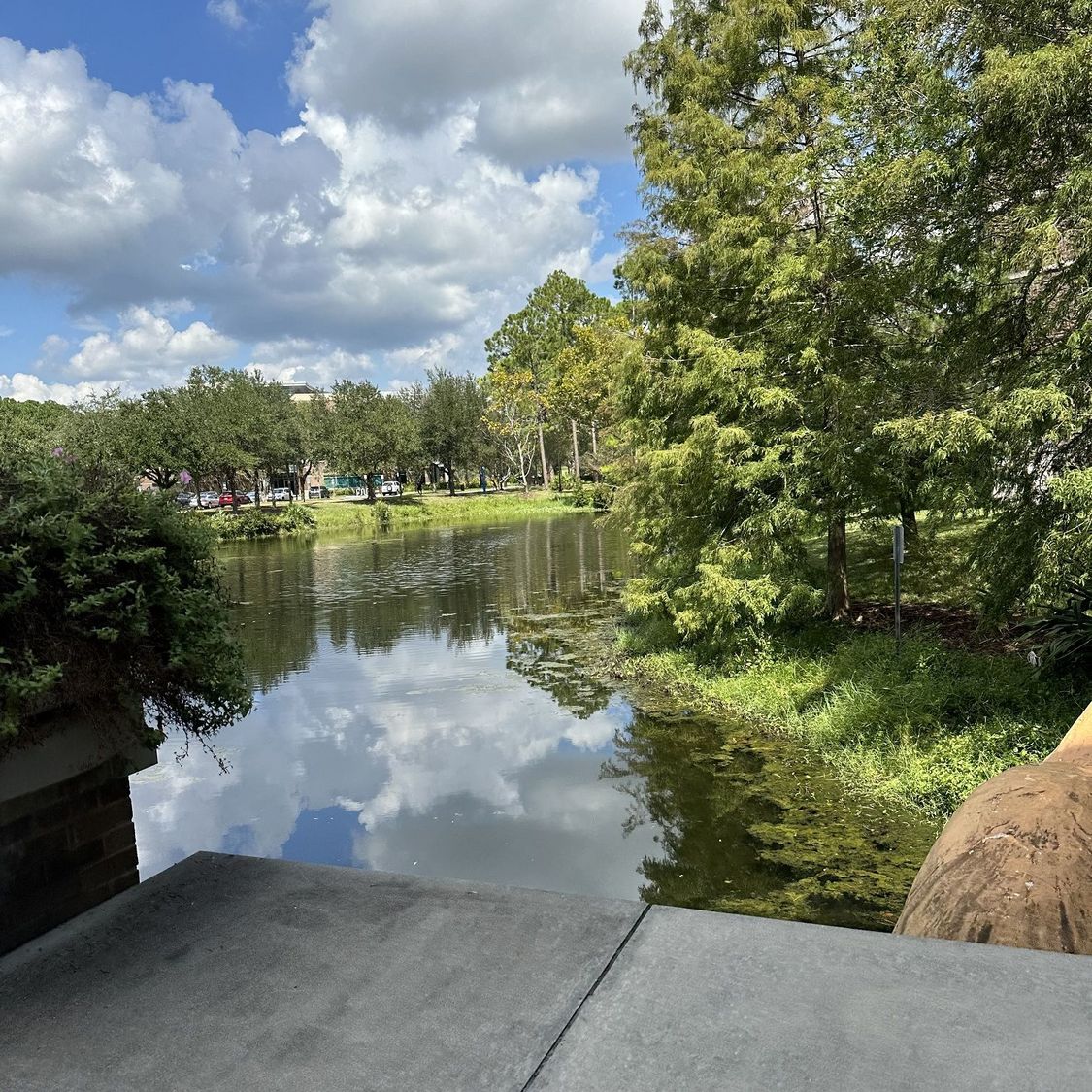
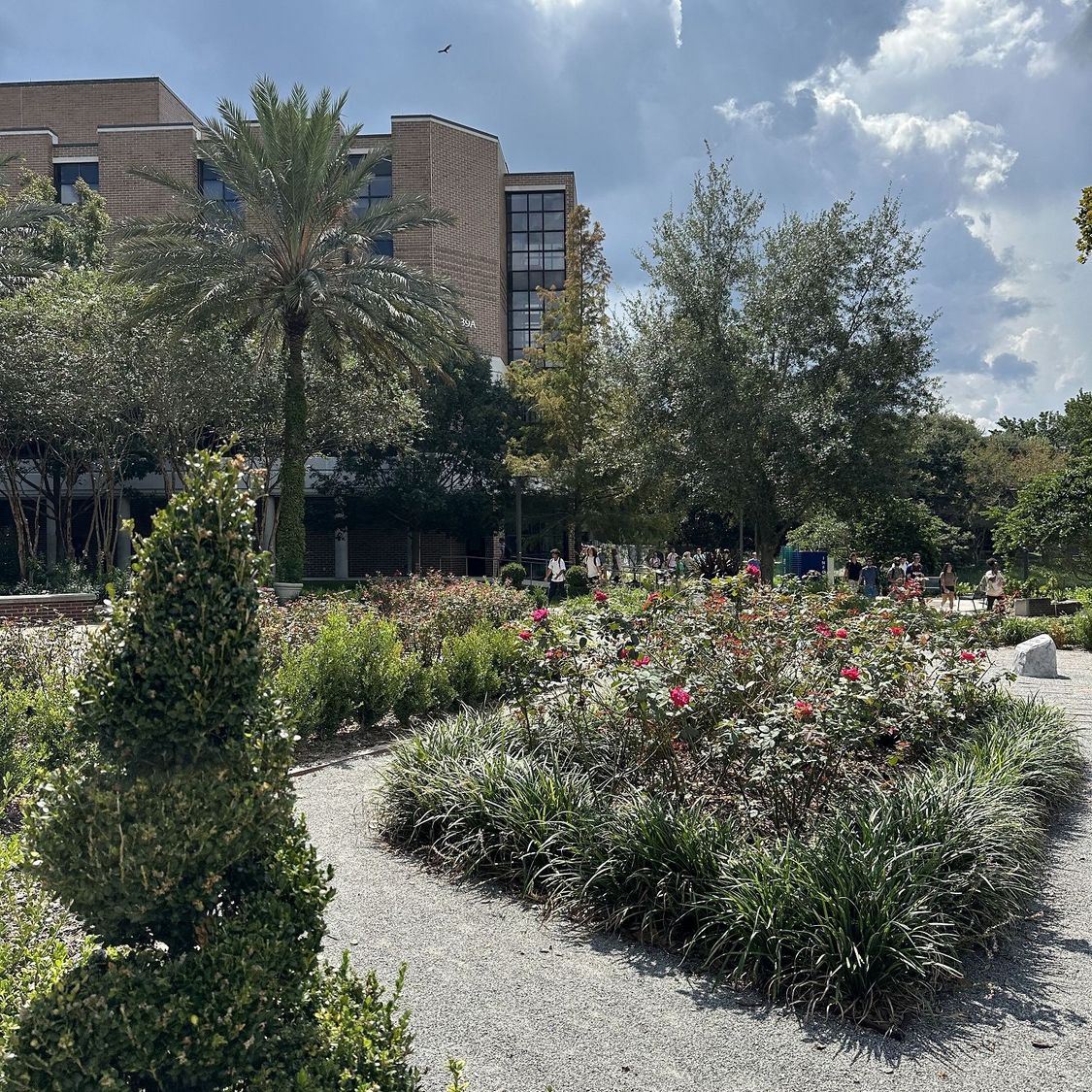
The visit to the Florida Agricultural and Mechanical University in Tallahassee was also interesting from a technical perspective. “When it comes to Industry 4.0, there were things over there that we have or could have, but in a much different scope. For example, German universities acquire 3D printers for a few thousand euros, while this university in Florida had one that costs millions,” says Leich. A wind tunnel for supersonic tests left a mark on him, too. “That’s inconceivable for us based on the electricity costs alone,” he chuckles.
He didn’t just come back with photos of the remarkable technology, though: According to Leich, the networking is what made the trip so worthwhile. “In addition to the Iranian professor, with whom I’m planning to work in the future, I met some German colleagues from the same field. We not only want to stay in touch, but also have specific plans for the future,” says Leich. “I’m already working on a grant application with researchers from two other universities.” The focus will be on Industry 4.0, but he doesn’t want to give any further details just yet.
The second of the five groups, focusing on healthcare and social medicine, went to the same locations to make connections in the healthcare sector. The groups split up according to their disciplines, which allowed research manager Stefan Apitz to gain insight from a different research area. One week after the two delegates from Harz University of Applied Sciences returned, Vice President Dr Louisa Klemmer set off for the USA and Canada. She was part of the DFG delegation trip on the topic of “smart cities” and visited Washington University, Simon Fraser University, the University of Northern British Columbia and the University of Calgary.
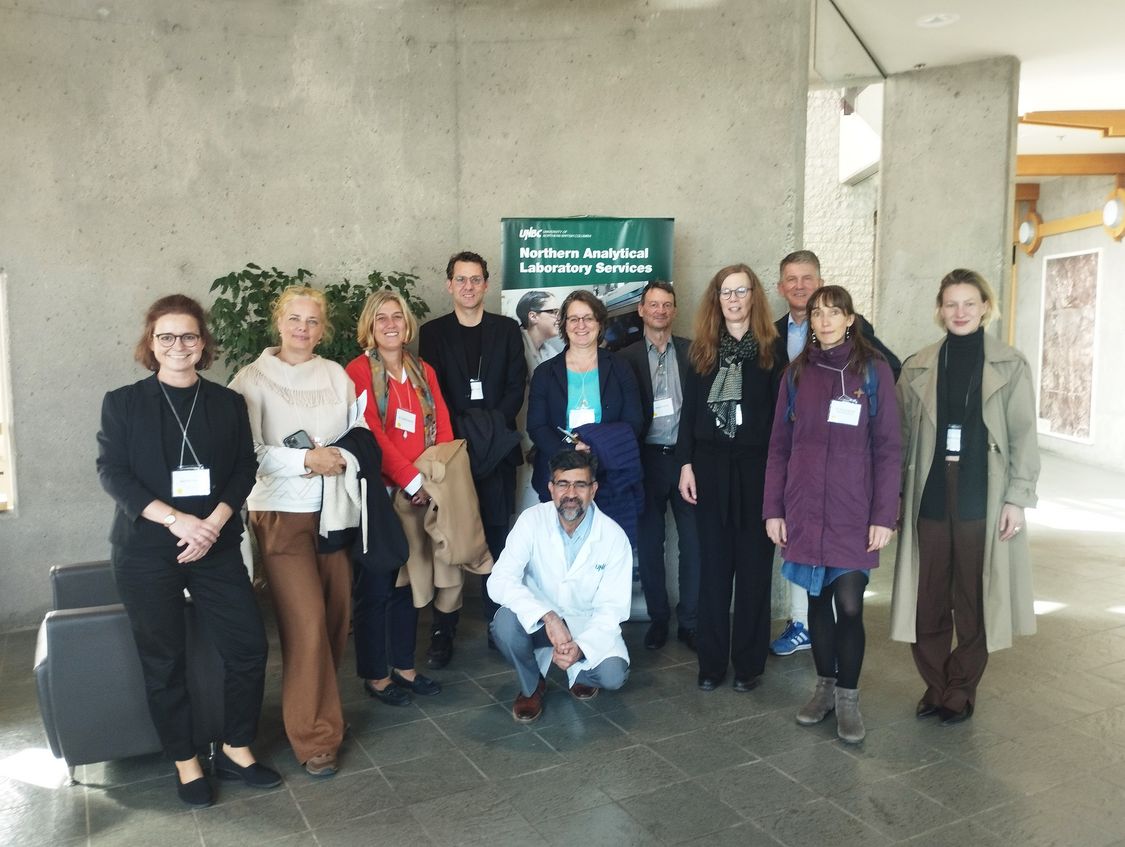
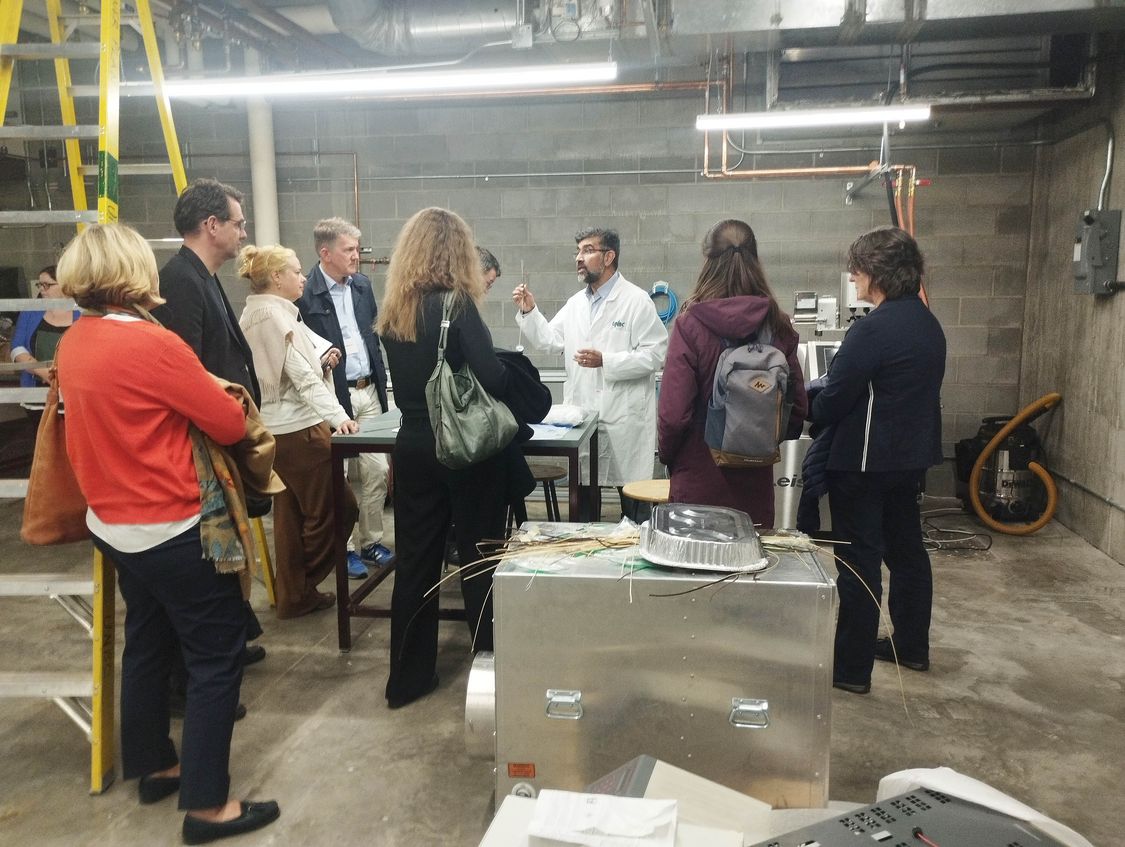
18.10.2023
Author: Karoline Klimek
Image author: © Stefan Apitz, DFG, Thomas Leich
Image rights: © Hochschule Harz


